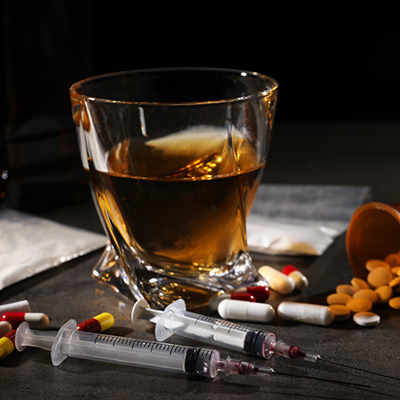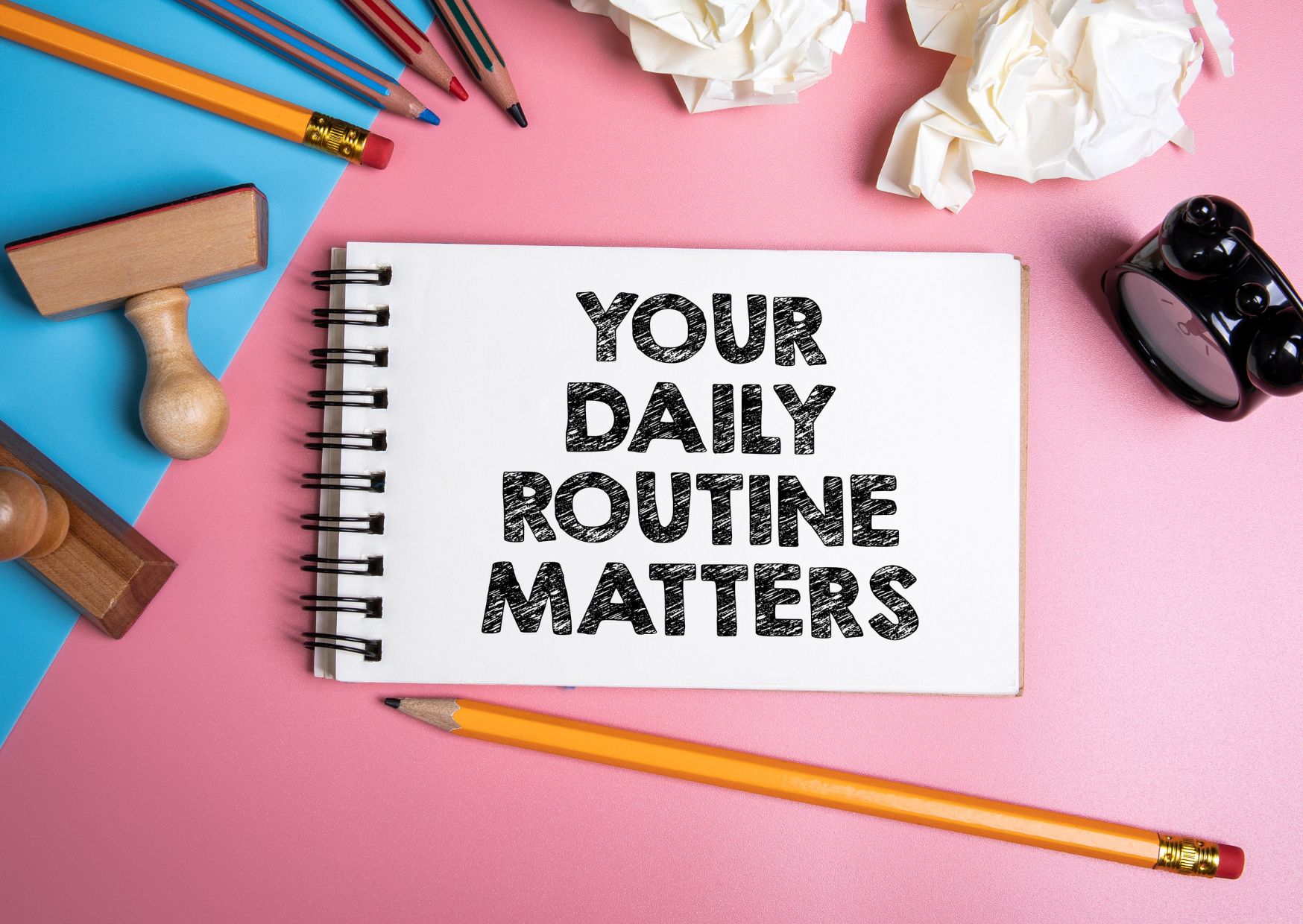Lifestyle Changes for Bipolar Disorder
1. Regular Exercise Routine
Irrespective of the Bipolar perspective, Exercise is really important to maintain good health. At the initial stage, try engaging in walking with a companion. Progressively, extend working out at least for half an hour per day. It will help you to reduce cardiovascular risk factors and assist you to live in an impeccable setting.
2. Balance Your Diet With Healthy Food
There is no specific diet for bipolar patients. However, the right dietary habits need to be adopted. Healthy food & Nutrition can help you maintain a healthy lifestyle and be free from mental illness. If you keep having an unhealthy diet in your routine may hinder your ability to maintain optimal health. One should add a balanced, natural diet. Reduce fat, sugar, and salt consumption from your dietary plans.
Read Our Nutrition Guidelines here
3. Prioritize Sleep
Adequate Sleep is essential in managing bipolar disorder. Irregular sleep can direct you towards hypertension, diabetes, obesity, depression, heart attack, and stroke. Strategies for healthy sleep include creating an 8-hour sleep schedule, relaxing before bed, taking a cold or lukewarm shower, getting into bed at 9:45 pm and waking up at 6 am, setting an alarm for the morning, and having someone in your life motivate you.
4. Make Time to Meditate
Give your body time to relax and let your soul breathe. Bipolar patients need to meditate properly. It will help you stay relaxed the whole day. It will keep the stress away from you. Some meditation practices, including yoga mindfulness-based cognitive therapy, and even breathing exercises, all together can help you recover from bipolar disorder with mindful practice.
5. Manage Stress
Engaging in hobbies and activities that provide enjoyment for you is also helpful. You can also adapt to your daily life relaxation techniques, which include progressive muscle relaxation, deep breathing exercises, yoga, biofeedback, and massage to soothe stress.
Sign Up For Our Weekly Sunday Session Here
6. Cut Out Drugs and Alcohol
Drugs and alcohol worsen the symptoms of bipolar disorder. Chronic alcohol and drug use could lessen the potency of the drugs administered to the patient, which will then be hard for doctors to work on and treat these patients properly. Alcohol and drugs can intensify bipolar disorder. If someone is addicted to drugs and also suffering from Bipolar Disorder, escort them to medical assistance right away without any further delay.
7. Take Meds as Directed
Bipolar patients are recommended to follow expert advice. Proper medication can flip the coin from a bipolar patient to a mentally stable person. It is also recommended to engage yourself in your treatment journey. Learn the facts about your illness, in case of any ambiguity, consult your doctor.
8. Stick to a Routine
It is difficult for bipolar patients to stick to a fixed routine due to severe hypomanic and depressive episodes. It can be beneficial for a bipolar patient to make a to-do list or to set a routine with all necessary medication along with meditation. Getting enough sleep with a healthy diet is the bone of contention during a bipolar journey.
9. Build a Support Network
To be with someone you trust gives you emotional support. It can help you believe that you are not alone in your journey and help you recover more swiftly. Make sure to make them aware of your condition and let them be with you. However, joining some communities can also be beneficial for recovering from bipolar. These communities can help you to share your experiences in a supportive environment and assist you on the right path of recovery.
Connect With Peers Going Through A Similar Struggle
10. Limit Caffeine
As we all know excess of everything is bad. We should avoid the use of caffeine more than 200 mg/day. It will deteriorate the condition of BP patients. Excessive levels of caffeine cause a whole lot of health hazards, which include insomnia, nervousness, restlessness, nausea, tachycardia, and many other side effects.
Helping Over 100 Patients (And Counting!)
Imran is such a great yoga trainer! I had the opportunity to have some 1:1 sessions with him. He crafted a yoga routine that acommodated my knee pain as well as my beginner level experience with yoga.
H.KImran is a gentle soul with a purposeful vision of making a difference in the mental health space. I find his content insightful, engaging and most importantly authentic. Thank you, for your tenacity and for doing the much needed work in this space!
ANDREA MAUImran is an exceptionally talented individual. He was able to turn his life around from bipolar disorder. I witnessed his transformation. Based on his results I have also contracted him as my Yoga instructor. He is genuine, sincere, and has a true heart to serve others.
ALI PERVEZImran Ghani's book skillfully combines his Five Pillars—sleep, nutrition, movement, mindfulness, and community—to support recovery for those with bipolar disorder, anxiety, insomnia, and other modern challenges. A great resource for well-being.
KEITH KACHTIK
I recently had the chance to join imran in a few online and in-person training sessions and it was really helpful for me. Imran is knowledgeable, caring and has the unique ability to show the learner how to improve their practice.
PAPA DIALLO